1 Allocate Work and Rest Time Reasonably
When you work from home, you won’t spend time commuting, and this gives you more time to wake up and enjoy the morning before starting work. You should still maintain a similar routine to prepare for the work process: Wake up at the same time every day, take a shower, drink a glass of water, wash your face, brush your teeth, make coffee, etc.

Then, spend about 15 – 45 minutes to take care of yourself. You can go for a walk, listen to music to improve concentration, plan your day, or exercise.
If you take advantage of this time effectively before work, you will be more ready to start focusing on your work.
2 Ensure Daily Plan Completion
Being ready for work is one thing, but actually starting is another. Therefore, you should prepare a work and life schedule for each day and ensure that you follow it to achieve the best work efficiency.
For employees working remotely with an unchanging work pattern, you can confirm the weekly work schedule. For those whose work changes daily, make a to-do list to avoid missing any tasks.
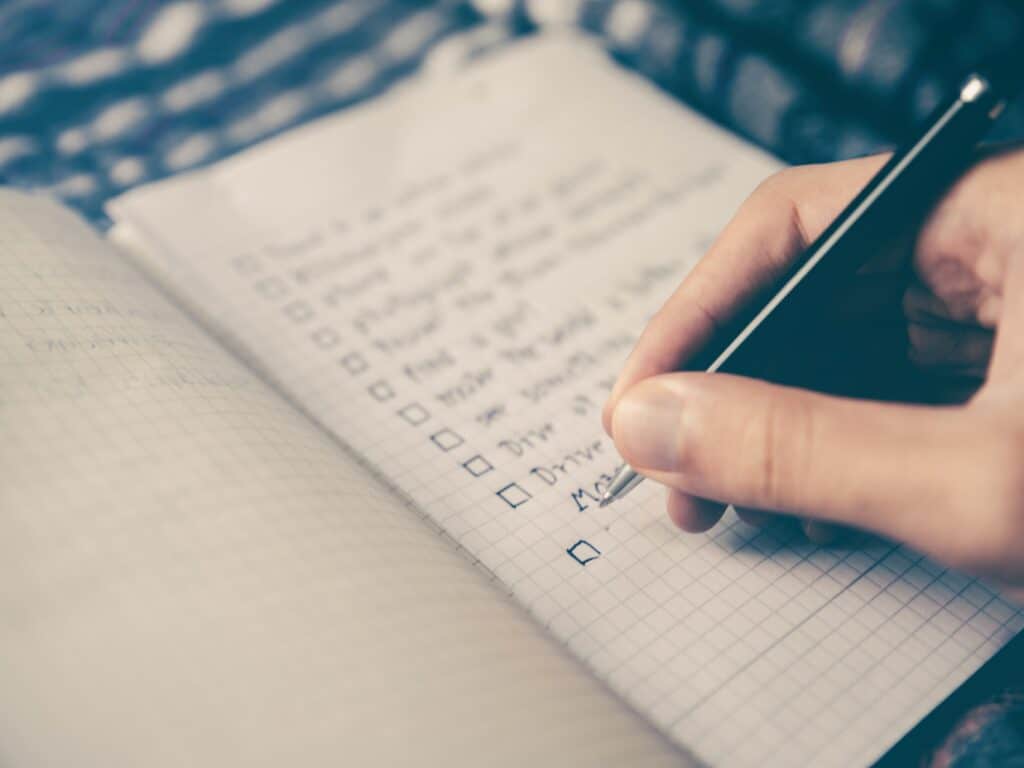
This creates pressure for you to handle your daily tasks. So, ensure your work progress by making a list of what you need to do that day.
3 Avoid Distractions
Most people think that when they work from home, they will have difficulty avoiding distractions. Keep a pen and paper next to your computer, and whenever you think of household chores, write them down and do them later.
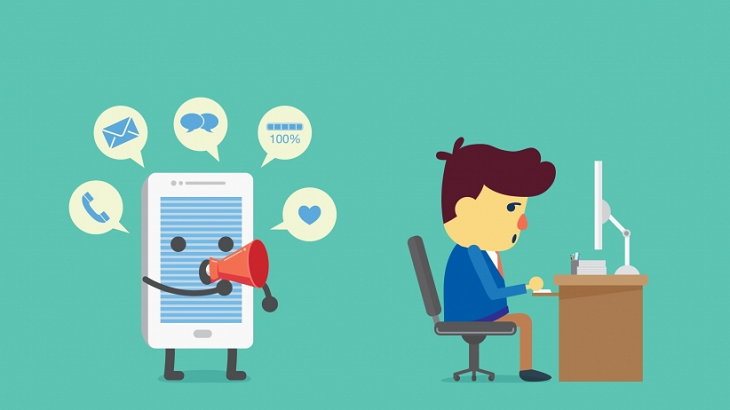
On the other hand, when you are at home, you can do all the things you can’t do in the office, such as putting a load of laundry into the washing machine or baking bread. The important thing is to do these things during your break.
Besides, you can create a quiet working space or inform your family members to focus better and minimize distractions, especially during meetings.
4 Reasonable Break Time
Taking breaks to create a short pause for your body to regain balance is necessary, but don’t overdo it.
Breaks allow you to spend a few minutes absorbing some sunshine. You can leave your phone at home and go for a walk outside (avoid crowded areas due to the pandemic) while waiting for your lunch to heat up, go outside to water the plants, etc.

However, don’t let this break be too long, so you remain focused on your work without being distracted by other thoughts.
Besides, develop the habit of exercising for a few minutes and doing some light stretches during your break to make your body more flexible.
5 Create a Suitable Working Space
Setting up a clear working space is extremely important because it not only helps you focus and increase productivity but also keeps your work and leisure areas separate.
Start creating a dedicated workspace from your desk, coffee table, kitchen counter, or bar. Bring your laptop, pens, and other work tools to this area and try not to move them elsewhere throughout the day.

When you work, make sure to do it at your desk and stay away from the sofa. Sitting on the sofa is not good for your spine and can make you feel drowsy or lazy, leading to a lack of focus.
6 Work by Tasks, Not Hours
You don’t necessarily have to work by the hour if your job doesn’t require it. Instead, focus on the tasks that need to be completed.

This will improve your work efficiency. Usually, working by the hour can make you feel bored and sluggish compared to working by tasks.
7 Check Messages and Emails Frequently
One of the drawbacks of working from home is that we sometimes don’t respond to messages or emails promptly. Colleagues or your boss may assume that you are not working. This is not entirely true, but we must admit that we sometimes feel this way.
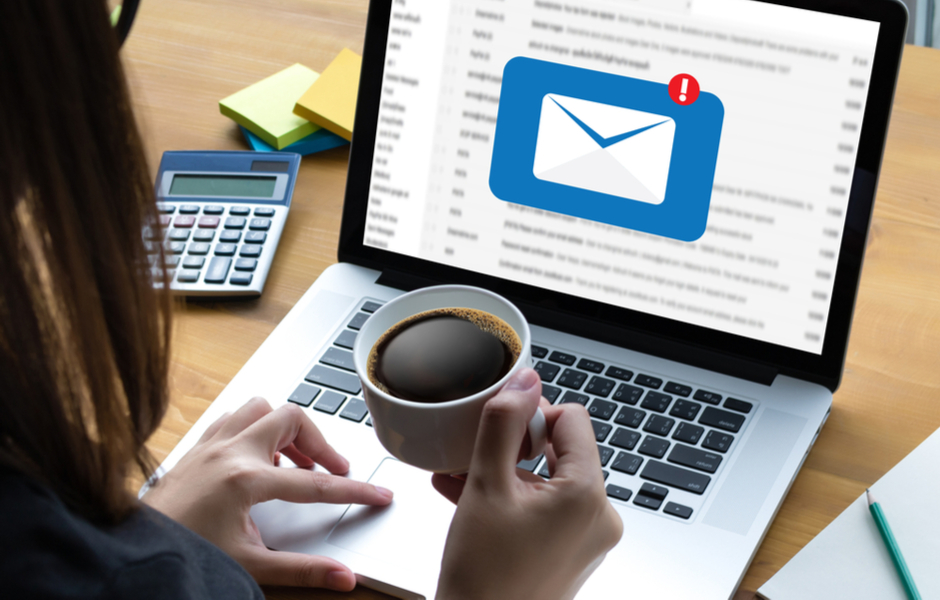
Therefore, to ensure trust from your superiors and colleagues, you should set up pop-up notifications for work-related messaging or email apps and respond as quickly as possible, especially for urgent or important matters.
8 Relax if You Feel Lonely
Feeling lonely is common if you work from home all day with no one around to talk to, which is very different from being in a bustling office.
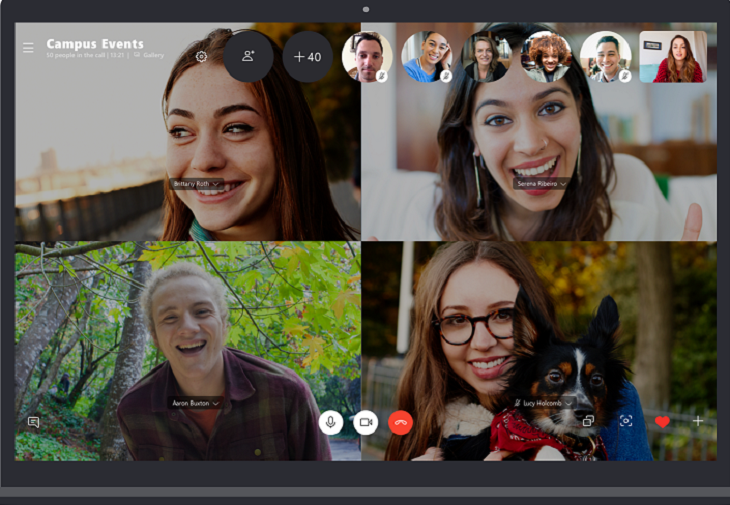
However, you can still interact remotely via Skype, Slack, or other connection tools. This will help you relieve stress at work and stay connected with everyone.
9 Invest in Necessary Tools for Remote Work
If you will be working remotely for an extended period, you should invest in the tools you need to work efficiently. These tools can significantly improve your productivity when working from home.
Some devices to consider include a laptop or desktop computer, noise-canceling headphones, a work chair and desk, a coffee maker, a massage pillow, etc.
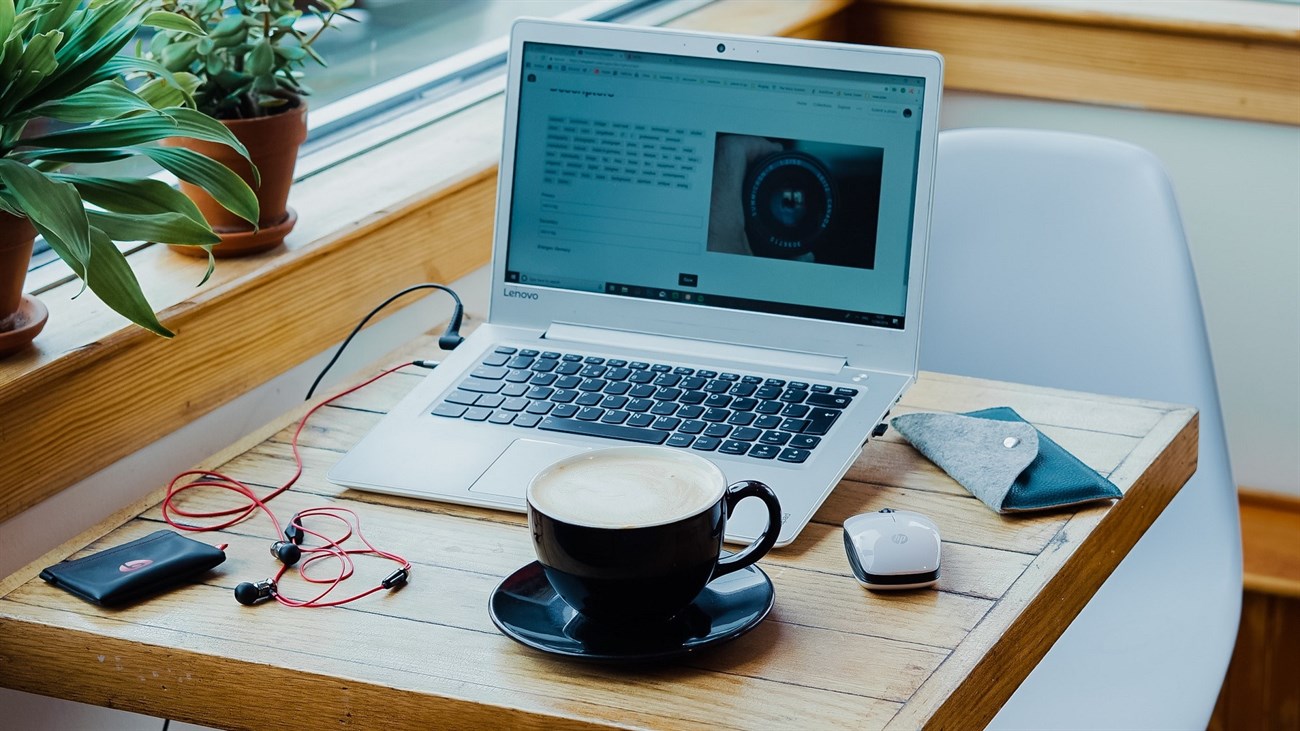
10 Take Care of Your Health
Personal health is one of the most important factors determining your work productivity. Therefore, if you spend all day, even the whole week, sitting and working at home, your health will start to deteriorate, affecting your progress and that of your team.

Therefore, plan to go for a run, exercise, or practice yoga with simple movements for 30 – 60 minutes every day. Besides, you also need to have a proper rest and healthy diet to boost your immune system and protect your health.
11 Be Mindful During Online Meetings
One thing you will often encounter when working remotely is unexpected online meetings. Therefore, always dress comfortably but appropriately. And for safety, put a piece of black tape over your computer’s camera to completely control your image until you are ready; then, remove the tape.

Another point to note is not to show too many private details in your background, such as an unmade bed, a pile of dirty dishes, or wedding photos. Instead, it is ideal to sit in an area with a blank wall.
12 Don’t Lose Your Work “Fire”
When working in an office, various environmental factors, such as the workspace, colleagues, and superiors, can make you more focused. In contrast, when working from home, the characteristics of the work environment disappear, so you feel more comfortable and relaxed, which can lead to distractions and a lack of concentration.
Keeping the “fire” in your work when at home is extremely important. Losing passion and enthusiasm for your job will cause your progress to lag and even make it difficult to adapt when returning to the office.
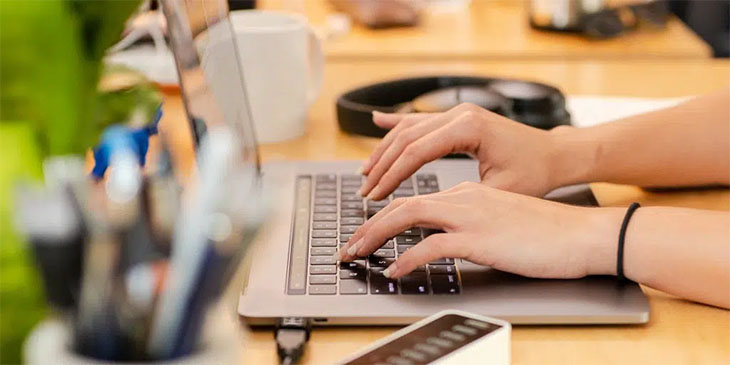
Therefore, you should place distracting factors away from your workspace, such as pets, gaming devices, TV, phone, etc. This will help you focus more on your work. You can also remind your family members or children about your work time to avoid interruptions while concentrating.
Moreover, constantly remind yourself of your position, role, and responsibilities at work and set KPIs for yourself, just like when working in the office, to ensure efficient work progress.
13 Don’t Hesitate to Interact and Contribute to Increase Efficiency
Due to working from home, interacting and exchanging information with colleagues and superiors is less effective than working directly in the office.
Therefore, during online meetings or when exchanging emails and messages, you need to frankly express your opinions, not hesitate to interact, and avoid being roundabout, which can lead to misunderstandings. At the same time, discussing with others will also help you feel less bored and increase work efficiency compared to working alone.










